In today’s data-driven world, professions related to data analysis and management have gained significant importance. Among these roles, data scientist, data analyst, and data engineer are often mentioned. While they might sound similar, there are distinct differences between these roles in terms of skills, responsibilities, and objectives. In this article, we’ll explore each job and highlight their unique qualities.
What is a Data Scientist?
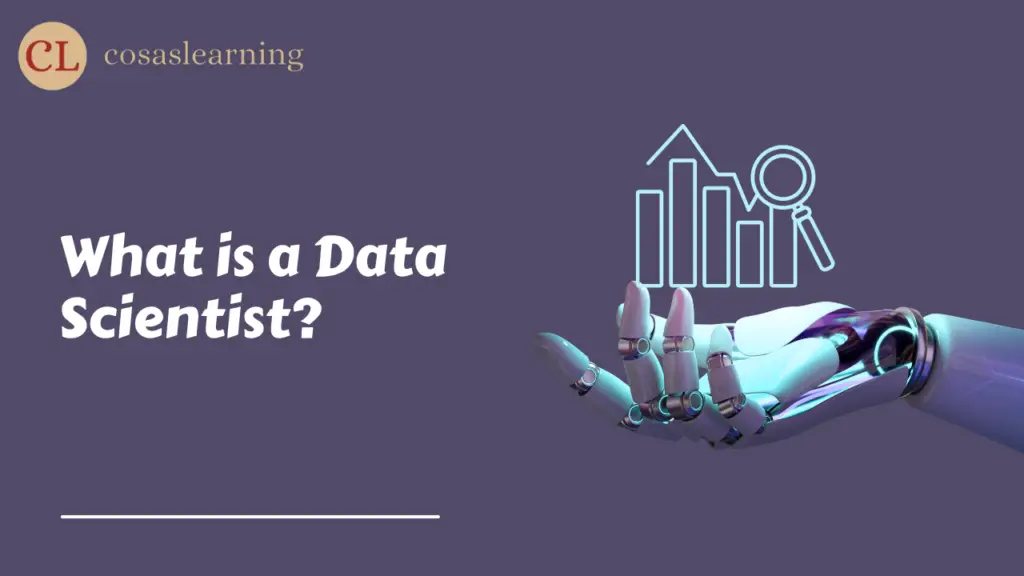
A data scientist is a professional who utilizes advanced analytical techniques and tools to extract insights from complex and large datasets. Data scientists use math, computer programs, and visual tools to discover patterns, trends, and connections in data. Their work is important for solving difficult business issues, making decisions based on data, and creating predictive models.
What is a Data Analyst?
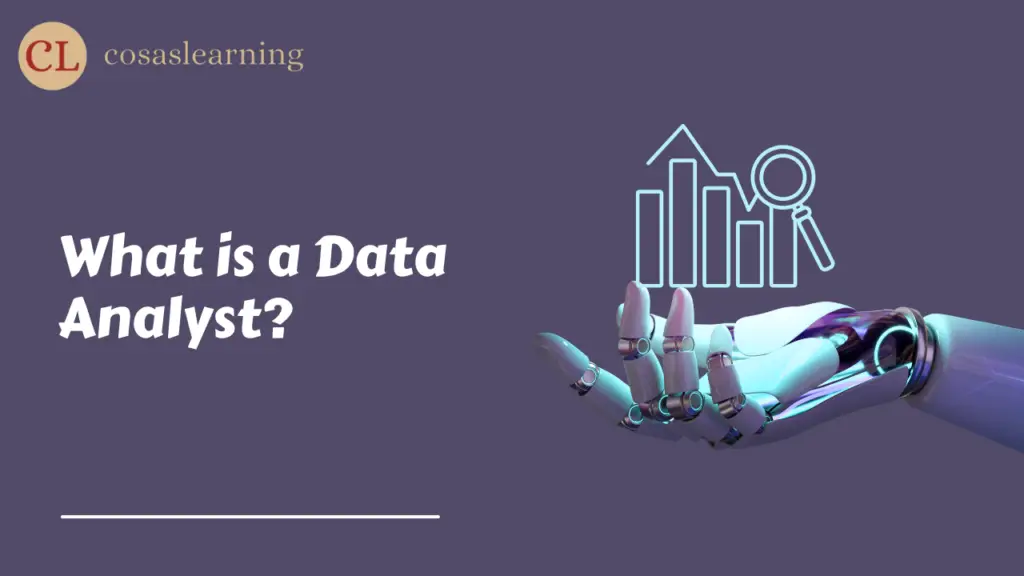
Data analysts focus on collecting, cleaning, and interpreting data to help organizations make informed decisions. They find valuable information in data and present it clearly. Data analysts frequently utilize statistical methods, data mining, and visual aids to examine and demonstrate data to the people involved. Their work helps companies gain valuable insights and identify areas for improvement.
What is a Data Engineer?
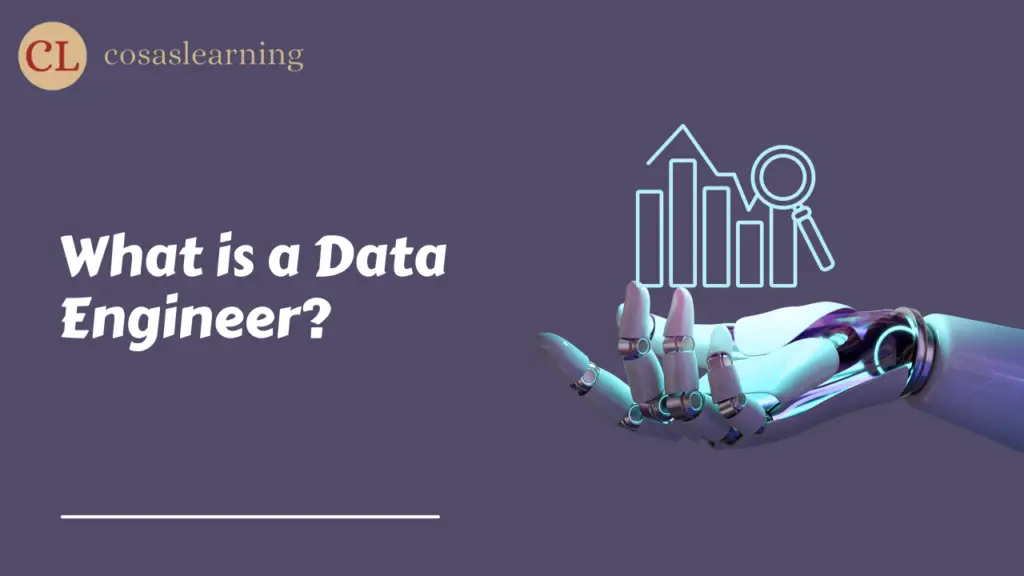
Data engineers have the task of creating, constructing, and keeping up the infrastructure and systems necessary for smooth data processing. They work on data pipelines, data warehouses, and databases to ensure the smooth flow and storage of data. Data engineers collaborate closely with data scientists and analysts to provide them with reliable and accessible data. They also optimize data systems for scalability and performance.
Key Differences Between Data Scientist, Data Analyst, and Data Engineer
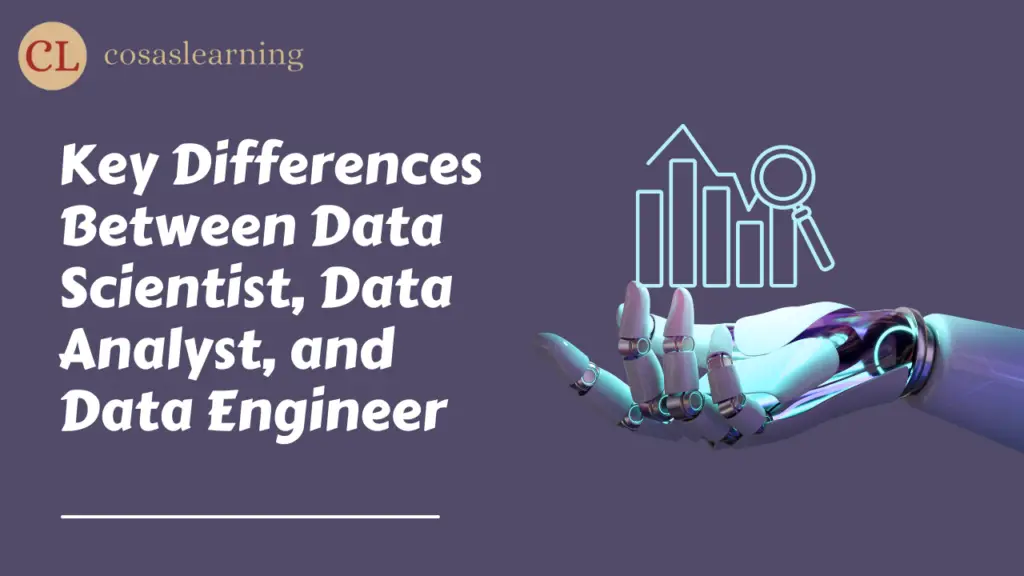
While there may be some overlap in their skills and responsibilities, data scientists, data analysts, and data engineers have distinct roles and objectives.
Data Scientist
- Focuses on complex data analysis, predictive modeling, and machine learning.
- Develops algorithms and models to solve business problems.
- Requires strong programming skills and knowledge of statistical analysis.
- Works with unstructured and structured data to extract valuable insights.
Data Analyst
- Focuses on data interpretation, reporting, and visualization.
- Extracts insights from data and presents them to stakeholders.
- Requires proficiency in statistical analysis and data visualization tools.
- Works primarily with structured data and may perform basic data cleaning.
Data Engineer
- Focuses on data infrastructure, data pipelines, and database management.
- Designs and develops systems for data storage and retrieval.
- Requires strong programming skills and knowledge of data management tools.
- Works with structured and unstructured data to ensure data availability and reliability.
Required Skills and Qualifications

Although the skills and qualifications needed may differ depending on the organization and expertise level, there are certain common skills that hold value across all three positions.
- Strong analytical and problem-solving skills
- Proficiency in programming languages like Python, R, or SQL
- Knowledge of statistical analysis and machine learning techniques
- Data cleaning and preprocessing skills
- Familiarity with data visualization tools like Tableau or Power BI
- Understanding of databases and data management concepts
- Excellent communication and presentation skills
Tools and Technologies
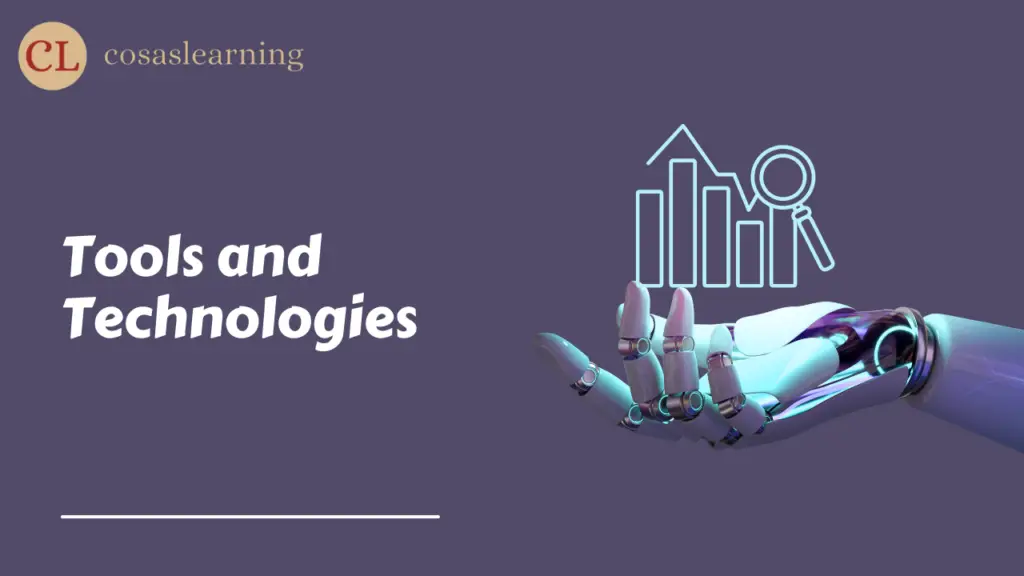
They use diverse tools and technologies to perform their tasks well. Some commonly used tools and technologies include:
- Programming languages: Python, R, SQL
- Statistical analysis: Python libraries (NumPy, Pandas, SciPy), R libraries (dplyr, ggplot2)
- Machine learning: Python libraries (scikit-learn, TensorFlow, Keras), R libraries (caret, randomForest)
- Data visualization: Tableau, Power BI, Matplotlib, ggplot
- Data management: SQL, Hadoop, Apache Spark
- Version control: Git, GitHub
- Cloud platforms: AWS, Azure, Google Cloud
Career Prospects and Salary

The jobs of data scientist, data analyst, and data engineer all present great career opportunities in today’s data-focused industry. As organizations rely more on data for making decisions, the need for skilled professionals in these roles keeps increasing.
According to industry reports, data scientists typically earn higher salaries compared to data analysts and data engineers. Salaries for these roles can differ depending on factors like experience, location, and company size. Data scientists usually earn $100,000 to $150,000 per year, while data analysts and data engineers make around $70,000 to $100,000 annually.
How to Become a Data Scientist, Data Analyst, or Data Engineer

To enter the field of data science, data analysis, or data engineering, follow these steps:
- Acquire the necessary educational background in fields such as computer science, mathematics, statistics, or data science.
- Develop strong programming skills and gain proficiency in languages like Python, R, or SQL.
- Learn statistical analysis and machine learning techniques to handle complex datasets.
- Familiarize yourself with data visualization tools and techniques.
- Gain practical experience through internships, projects, or Kaggle competitions.
- Stay updated with the latest trends and advancements in the field by participating in online courses, workshops, or conferences.
- Network with professionals in the industry and seek mentorship opportunities.
- Obtain relevant certifications to enhance your credentials and demonstrate your expertise.
Conclusion
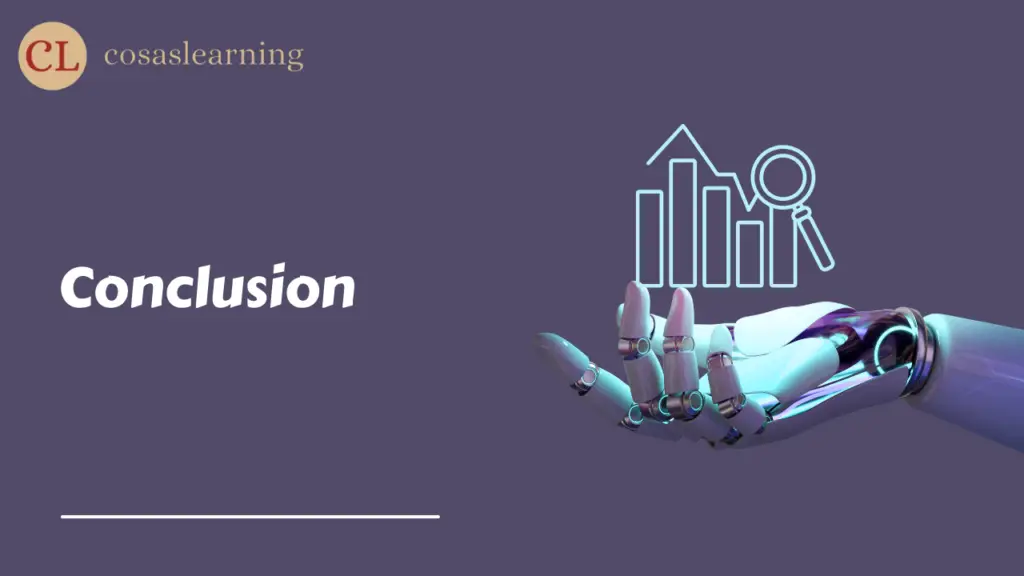
In conclusion, data scientists, data analysts, and data engineers play distinct but complementary roles in the field of data analysis and management. While data scientists focus on advanced analytics and modeling, data analysts interpret and visualize data, and data engineers design and maintain data infrastructure. Every position demands specific skills and qualifications, and the need for professionals in these roles keeps increasing. By understanding the differences and acquiring the necessary skills, aspiring individuals can embark on successful careers in these exciting fields.
FAQs
Click Here : To Show Your Support! 😍





